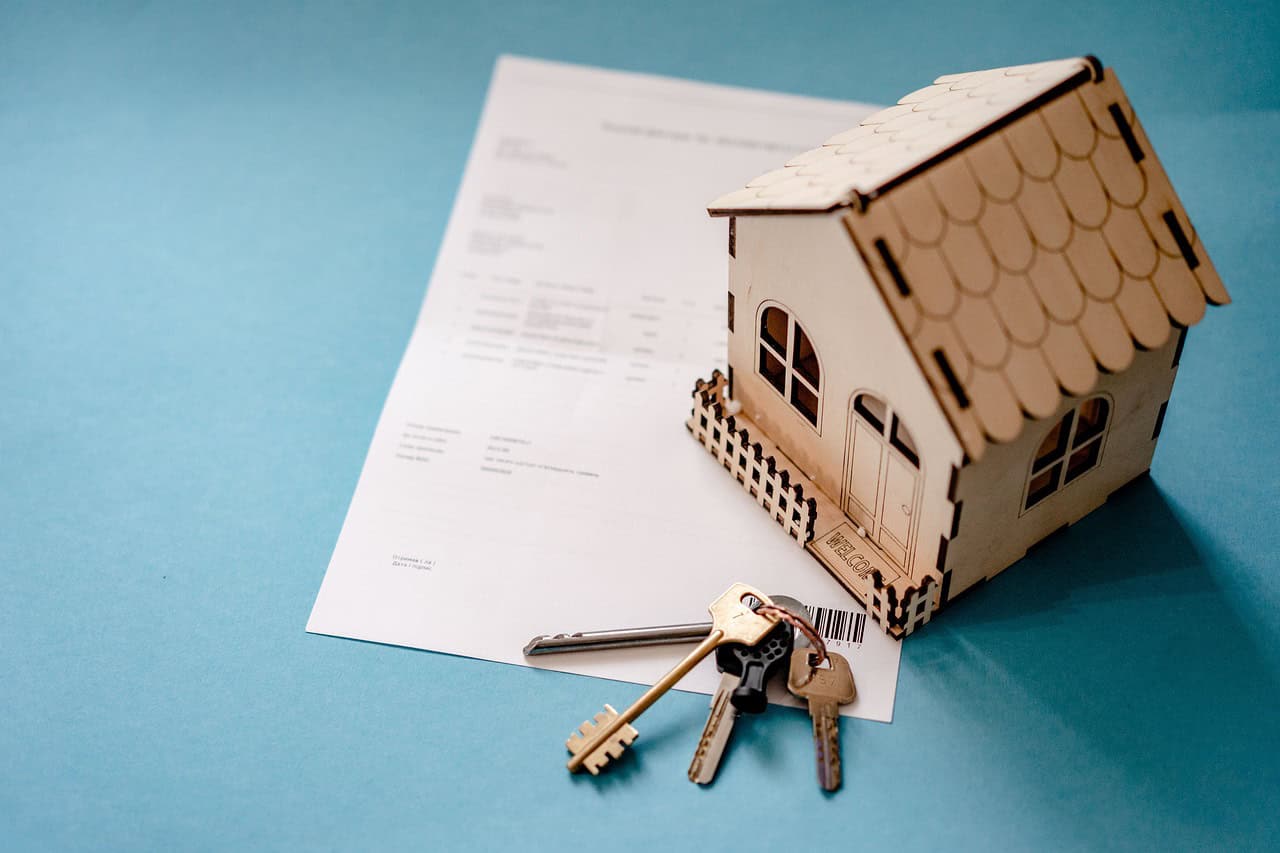
Owning a commercial property comes with a set of tax obligations which every property owner must be weary of. Property owners are required to understand their tax obligations which come with owning properties and comply them fully. Doing so is not an option but rather a legal requirement which if not adhered to might attract some legal consequences.
Commercial property tax obligations vary depending on factors like the location of the property and the size of the property. In some cases the use of the property can also determine how much the property owner pays as tax. For instance, properties that house high income businesses like banks tend to attract higher taxes compared to those that house low income businesses like stores. To help you understand your tax obligations as a property owner consider the guide provided for you below.
Income Tax
Every commercial property is subject to income tax which is deducted on rental income from the money generated from the property. Apart from that the commercial property is also subject to deductions which are tied to the expenses on the property like insurance, property maintenance and depreciation.
As a property owner or an aspiring property owner you need to be weary of all these tax obligations and meet them without failure. If not, you risk getting into serious tax disputes with the local authorities which might result in serious consequences like fines or even your businesses closing down eventually.
Property Tax
Every commercial property is subject to property taxes which must be paid at designated time in line with the provisions of the law. These taxes vary from one commercial property to the next and are deducted basing on factors like the assessed value of the property which is purely based on the current market value of the property.
Apart from the assessed value deductions, commercial properties are also subject to tax rates deductions. These tax rates vary a lot depending on the jurisdictions in which they are deducted. Some jurisdictions even offer tax amnesties on commercial properties which you can take advantage of to pay fewer taxes.
Sales Tax
This is another form of tax which commercial properties are subject to. The sale of a commercial property attracts tax obligations. The amount of taxes paid on a commercial property after sale also varies depending on the state and what the property was used for. For instance, if the property is sold as a collateral it might not attract the same taxes as that which is sold as a pure business.
Property Depreciation
While all commercial properties are subject to tax obligations, the amount of tax paid can go high or low. For instance, if a property depreciates over time the owner of the property can apply for a reduction in paid taxes. Similarly, if the value of the property goes so high attracting more money the government might also come in to demand more taxes on top of what is paid on the property.
Conclusion
Commercial properties come with tax obligations which have to be met by every property owner. Failing to meet these obligations can result in tax disputes resulting in some serious consequences.



